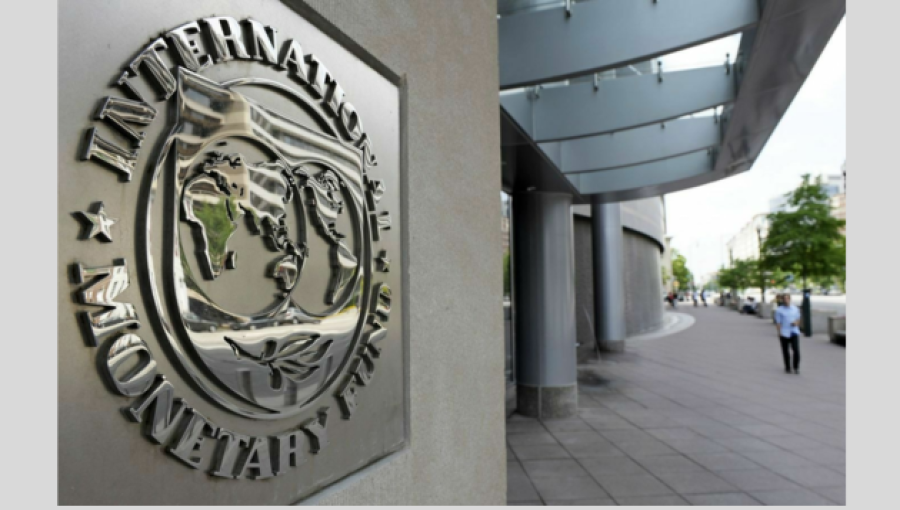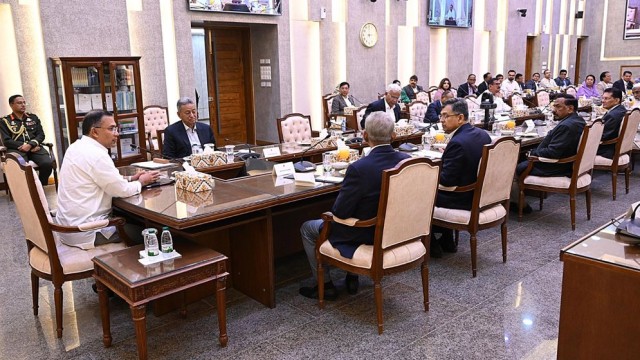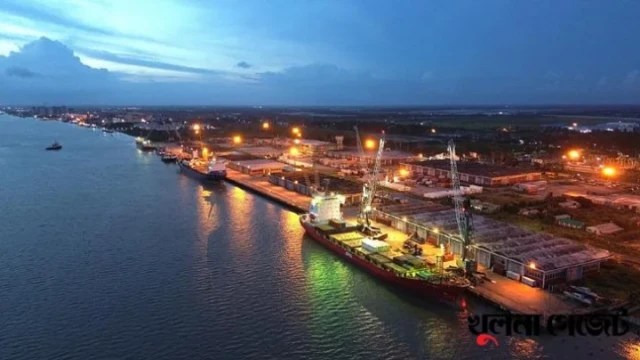"The Middle East and North Africa (MENA) region grapples with a “shadow of uncertainty” as geopolitical tensions persist. The International Monetary Fund (IMF) has revised its growth outlook, emphasizing the risks posed by conflicts and economic challenges."
Jihad Azour, the IMF’s director for the Middle East and Central Asia, underscores the region’s precarious outlook. Ongoing conflicts in Gaza and Sudan, coupled with oil supply cuts by Gulf nations, cast a shadow over MENA’s economic prospects.
The IMF remains vigilant about the risks to growth. The Israel-Gaza war poses regional spillover dangers, impacting civilians on both sides. Economic activity in Gaza has ground to a halt, while the West Bank and Gaza saw a six percent contraction last year.
As the conflict subsides, reconstruction becomes paramount. The IMF, unable to lend directly to the West Bank and Gaza, provides technical assistance during this critical phase. Sudan, too, faces a dire situation, with institutions dismantled and the economy shrinking by nearly 20 percent.
Egypt grapples with its own economic woes. Huthi attacks on Red Sea shipping have severely affected trade through the Suez Canal, a vital foreign exchange source. The IMF’s program emphasizes privatizing state-owned enterprises, fostering a dynamic private sector for job creation.































Comment: